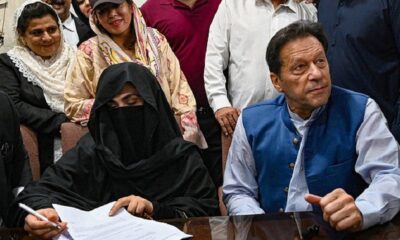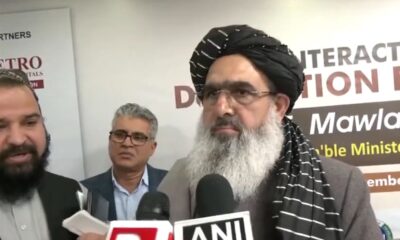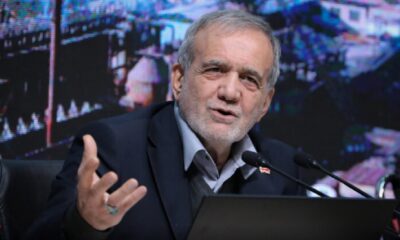Latest News
Al-Qaeda cells operating in multiple Afghan provinces: UN
The report said that Tehreek-e-Taliban Pakistan (TTP) remains the largest terrorist group in Afghanistan, with an estimated strength of 6,000–6,500 fighters

Al-Qaeda cells are operating in multiple provinces of Afghanistan, mainly in south-east of the country, UN sanctions monitors said in a new report.
The report by the UN Analytical Support and Sanctions Monitoring Team said that despite a reduced profile, Al-Qaeda disseminates propaganda to increase recruitment while working to rebuild its operational capability.
“Several Member States noted that facilities with Al-Qaida associations are mainly for training local fighters along with TTP operatives, with newly reported training base locations and safe houses in various Afghan provinces, including former camps in Jalalabad and in Kandahar Province, and in Kunar, Nuristan and Takhar Provinces,” the report said.
The report said that Tehreek-e-Taliban Pakistan (TTP) remains the largest terrorist group in Afghanistan, with an estimated strength of 6,000–6,500 fighters
It added that the group continues to operate on a significant scale in Afghanistan and to conduct terrorist operations into Pakistan from there, often utilizing Afghans.
The Islamic Emirate of Afghanistan (IEA), however, rejects the report.
Hamdullah Fitrat, deputy spokesperson of IEA, emphasizes that no terrorist group is present in Afghanistan, and the Islamic Emirate will not allow anyone to use Afghanistan’s soil against other countries.
According to the UN report, member States credit IEA’s efforts to counter the threat from Daesh but question the IEA’s counter-terrorism capabilities and have concerns about continued Daesh recruitment and dispersal.
Related stories:
New US intelligence suggests al-Qaeda’s revival in Afghanistan ‘unlikely’
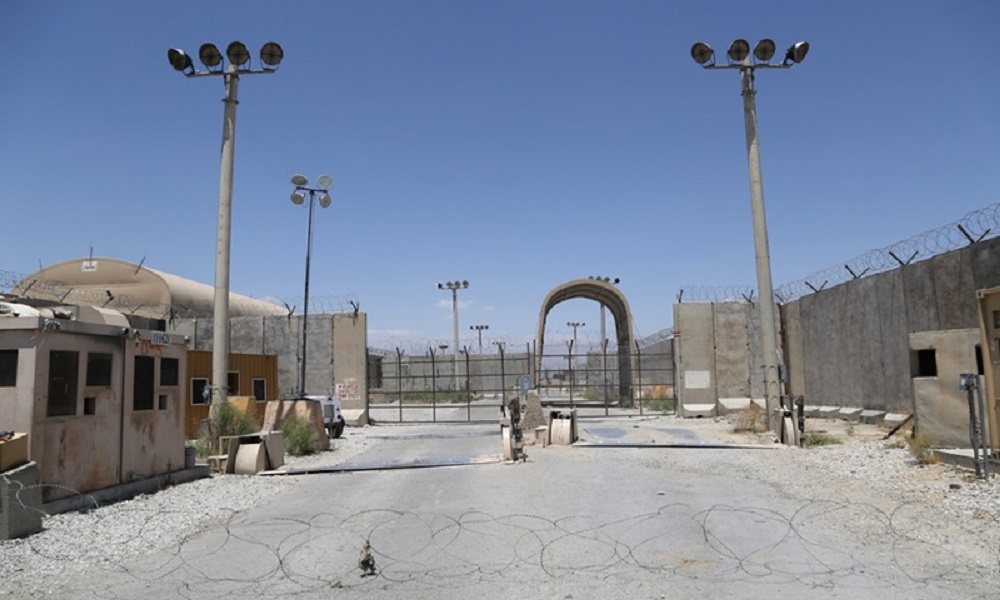
US should now fulfill its obligations, Muttaqi says after Biden’s al-Qaeda remarks
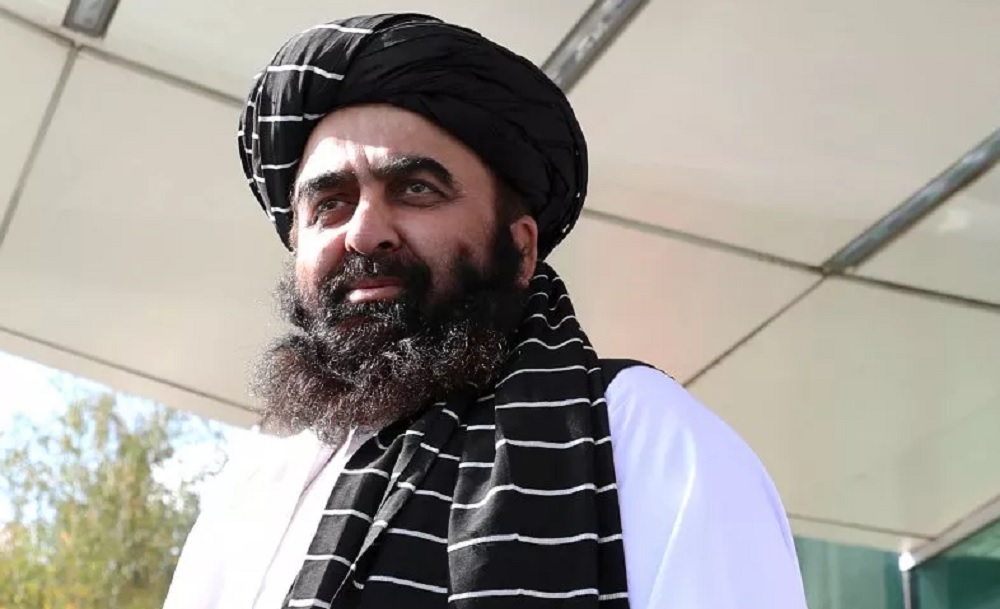
Latest News
Deputy PM Baradar urges world to expand economic ties with IEA instead of sanctions

Mullah Abdul Ghani Baradar, the Deputy Prime Minister for Economic Affairs, has urged the countries in the region and around the world to soften and expand their economic relations with the Islamic Emirate instead of imposing sanctions and undue pressure.
In a statement issued by the deputy PMs office, Baradar made these remarks on Saturday during a speech at the inauguration ceremony of a commercial market in Balkh province.
Baradar added that a prosperous and strong Afghanistan is not to the detriment of other countries in the region; rather, it contributes to the welfare and strengthening of other nations.
He said: “The Islamic Emirate believes in comprehensive economic and political authenticity in the field of regional and international cooperation, provided that there is mutual respect for major values and fundamental principles.”
He stated that IEA’s engagement with the private sector in large-scale and long-term projects—based on public-private partnerships or other types of contracts—conveys a clear message that the environment for domestic and foreign investment in Afghanistan is favorable, and that anyone can take advantage of this opportunity.
Latest News
Karzai urges reopening of girls’ schools and universities for Afghanistan’s bright future
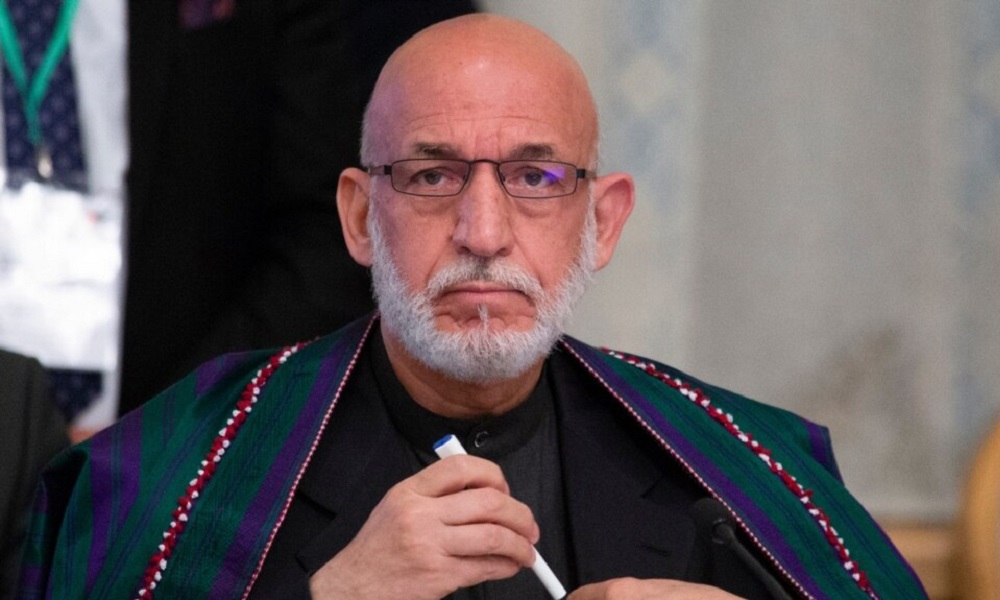
Former Afghan President Hamid Karzai says knowledge and education are the primary pillars of progress and dignity in any society.
In a post marking the end of the academic year and the preparation of 12th-grade graduates for the Kankor (university entrance) exam, Karzai said on Saturday that Afghanistan needs hundreds of thousands of female and male doctors, engineers, economists, technology specialists, and experts in other fields to become self-reliant.
He called on all students to make greater efforts and to reach higher levels in scientific and social sciences.
He once again emphasized: “I hope that, for a bright future for Afghanistan, girls’ schools and universities should be reopened so that our daughters can stand on their own feet and become worthy of serving the country.”
Latest News
Pakistan summons Afghan diplomat over deadly attack in North Waziristan
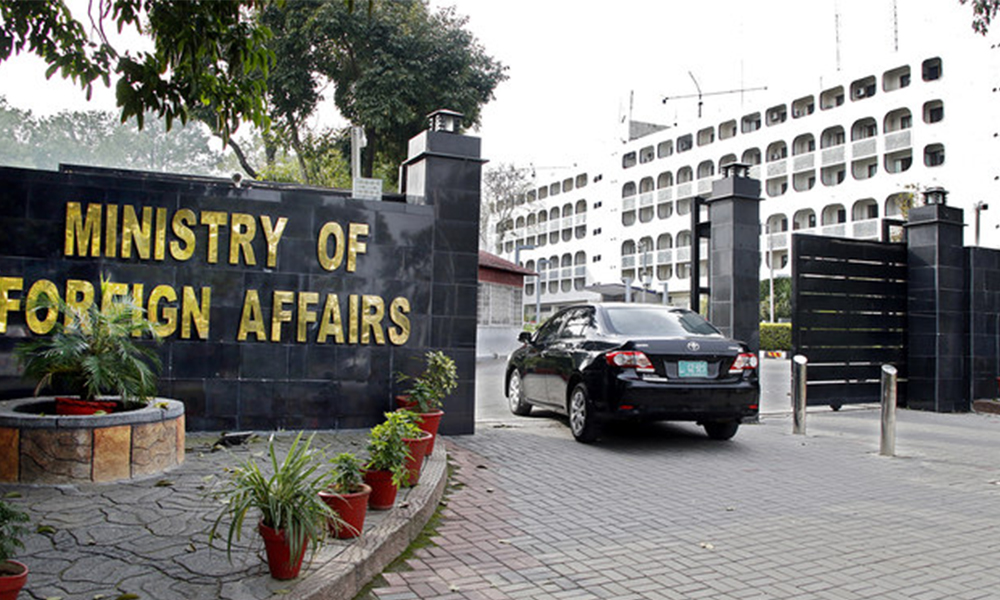
Pakistan on Friday summoned Afghan Deputy Head of Mission in Islamabad to convey “strong demarche” over a deadly attack on a military camp in North Waziristan District that killed four Pakistani soldiers.
In a statement, Pakistan’s Ministry of Foreign Affairs said the attack was carried out by a faction of Tehreek-i-Taliban Pakistan (TTP).
The statement said that Pakistan conveyed “grave concern over the continued support and facilitation” provided by the Islamic Emirate to TTP.
Pakistan has demanded “a full investigation and decisive action against the perpetrators and facilitators of the terrorist attacks launched against Pakistan from Afghan soil.”
It urged the Islamic Emirate “to take immediate, concrete and verifiable measures against all terror groups operating from its territory, including their leadership, and deny the continued use of Afghan soil for terrorism against Pakistan.
According to the statement, the Islamic Emirate has been “categorically informed that Pakistan reserves the right to defend its sovereignty and protect its citizens, and will take all necessary measures to respond to terrorism originating from Afghan soil.”
Pakistani officials have repeatedly claimed that attacks in the country are originated from Afghan soil, a charge the Islamic Emirate denies.
-

 Latest News4 days ago
Latest News4 days agoIEA supreme leader stresses enforcement of Sharia law and sincere public service
-

 Sport4 days ago
Sport4 days agoILT20: Sharjah Warriorz secure 11-run victory over Gulf Giants
-
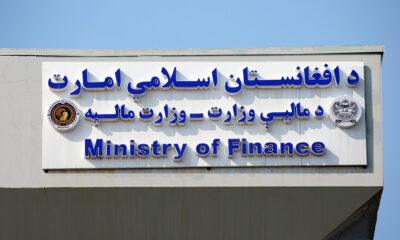
 Business4 days ago
Business4 days agoAfghanistan, India discuss expanding investment opportunities
-

 International Sports3 days ago
International Sports3 days agoIPL 2026: Teams take shape after auction as franchises balance star power and depth
-

 Sport4 days ago
Sport4 days agoAbu Muslim Farah crowned champions of fifth season of Afghanistan Champions League
-

 International Sports3 days ago
International Sports3 days agoILT20: Abu Dhabi Knight Riders end Desert Vipers’ unbeaten run in dramatic one-run win
-

 Latest News4 days ago
Latest News4 days agoEU and IFC launch €5 million program to support Afghanistan’s private sector
-
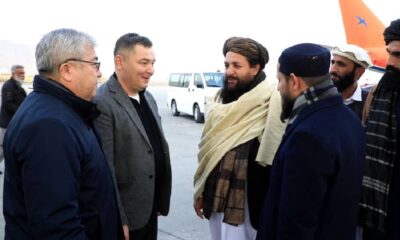
 Latest News4 days ago
Latest News4 days agoHigh-level Kyrgyz delegation arrives in Kabul






